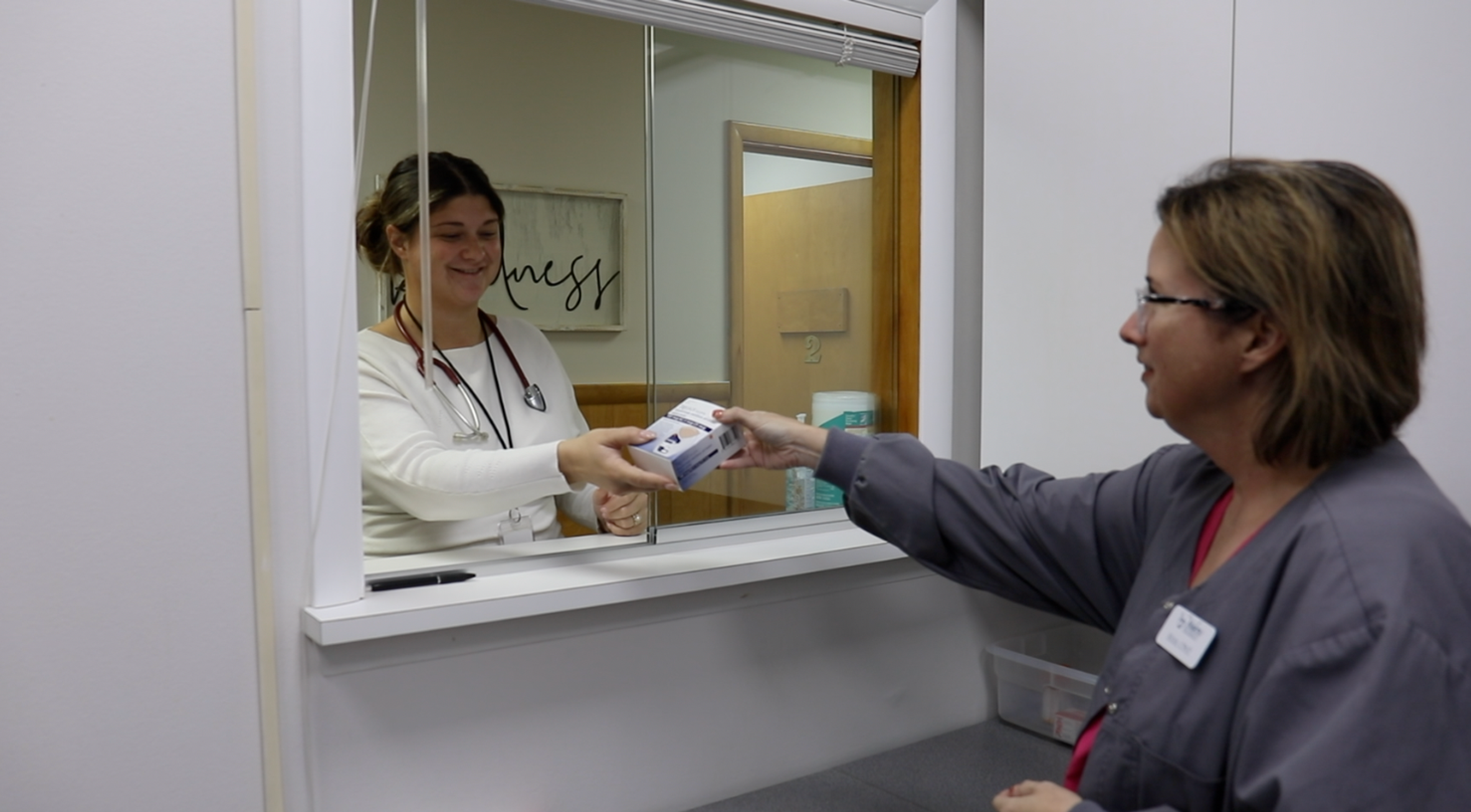Focusing on Student Mental Health in Detroit Public Schools

Blue Daily
| 4 min read

As the COVID-19 pandemic unfolded throughout the past year, families were faced with numerous challenges and a looming sense of uncertainty. The mental health of both children and adults suffered. In the Detroit Public Schools Community District, efforts to reach those who might be struggling were quickly put in place. “We’ve been showing up every day for kids in many different ways,” said Sharlonda Buckman, assistant superintendent, Office of Family and Community Engagement for the district. She estimates her team of staff and volunteers have knocked on at least 16,000 doors this school year alone. They’ve made sure everyone had access to the technology they needed and the know-how to use it for virtual learning, checked in on students who haven’t been attending classes and just generally let families know the district cares and is here for them. “It created a crisis in households,” Buckman said. “Everything was being thrown at you at once.” Early in the pandemic, Detroit was a hotspot for the virus. In addition to the stress of lost jobs, juggling at-home learning and the fear of getting sick, many of the school district’s families lost loved ones to COVID-19 and are working through grief and emotional trauma. “There’s so many layers here,” Buckman said. “The residue of this pandemic is going to be unfolding for years to come.”
Partnership with U of M Helping to Meet Mental Health Needs
Before the pandemic began, DPSCD had partnered with a University of Michigan program called TRAILS, or Transforming Research into Action to Improve the Lives of Students, to bring mental health resources to all 100-plus district buildings. The Blue Cross Blue Shield of Michigan Foundation is one of many funders to support the initiative. In May 2020, a special Coping with COVID-19 curriculum developed by TRAILS clinical staff was provided to the district to use to help support students during this challenging time. The curriculum can be delivered virtually or in-person and teaches students a set of evidence-based coping skills for managing stress, depression, anxiety and worry. “We know that these skills can be used to effectively help students cope with their symptoms of anxiety and depression,” said Meredith Ollila, TRAILS communications specialist. TRAILS also provided guidance to DPSCD on screening all students in grades 3-12 for mental health concerns and offered two self-care trainings for DPSCD staff and engagement team members with nearly 150 participants taking part from the district. Program staff plan to roll out a comprehensive social emotional learning component this fall that would give all students foundational coping skills. Ultimately, the TRAILS model empowers district staff to recognize and handle mental health conditions they might encounter in students. “District staff know their students and what their students need,” said Jennifer Vichich, TRAILS project manager. “So, TRAILS provides comprehensive resources and support, and our school partners apply the content to their students.” Buckman participated in a TRAILS training and appreciates the train-the-trainer model in place. She noted that staff who are able to take care of their own mental health will be better equipped to meet the needs of students. “The stress that our kids feel is real,” Buckman said. “The residue of us being stressed has penetrated our kids, who are feeling stressed and isolated and alone and depressed, and I think that’s where TRAILS comes in.”
TRAILS Expanding, Offering Free Support Resources
TRAILS staff are working to expand the program to all school districts in Michigan. The social emotional learning curriculum developed by TRAILS was recently incorporated into the Building Healthy Communities program, which is supported by Blue Cross Blue Shield of Michigan and many other partners. Looking for TRAILS resources for use in your school? There are many free mental health resources geared toward school professionals, adults and students available on the organization’s website. More from MIBluesPerspectives:
- Nine Michigan Organizations Receive Suicide Prevention Funding
- U of M Researchers Studying Mental Health Needs on MI Community College Campuses
- Culturally Sensitive Substance Abuse Prevention Curriculum Breaking Down Stigma
Photo credit: Getty Images





